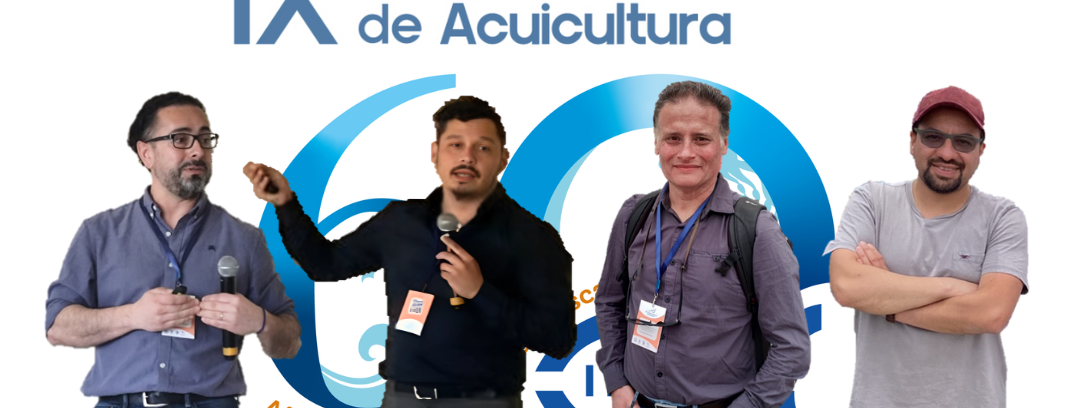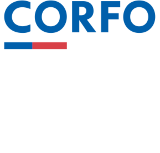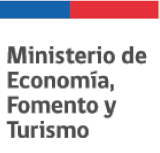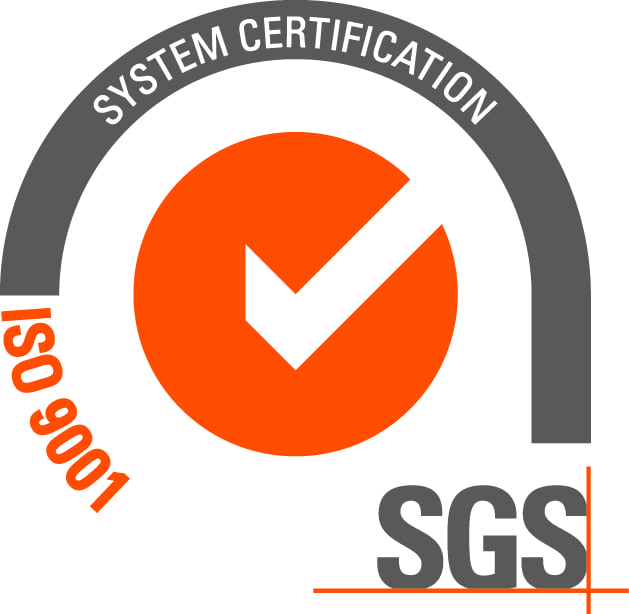
The IX National Aquaculture Congress “AcuiCoquimbo 2024: Cultivating the development of the territory”, took place at the Guayacán Campus of the Catholic University of the North between November 27 and 29, 2024. The closing ceremony commemorated the National Aquaculture Day, highlighting the importance of this activity as a productive engine and sustainable alternative for the fishing sector.
The Faculty of Marine Sciences of the Catholic University of the North UCN together with the Chilean Aquaculture Society (SCHACUI) were the organizers of the event. Antonio Vélez, president of SCHACUI, highlighted the relevance of the Coquimbo region in the diversification of aquaculture species, highlighting sustainable practices and technological advances. Meanwhile, Dr. María Cristina Morales, president of the organizing committee, celebrated the participation of more than 200 registrants and the presentation of more than 120 works of great scientific impact, consolidating the congress as a national reference in innovation and aquaculture development.
 Researchers from the Repopulation and Cultivation Department (RyC) presented two papers. Yeriko Alanis, researcher from the Coquimbo IFOP headquarters, presented the paper: “APE diversification in the Chungungo B AMERB: Guidelines for effective extension work”, which summarizes from an extension perspective the participatory work carried out for approximately 5 years with the Los Castillo fishermen’s organization to recover the productivity of their Benthic Resources Management and Exploitation Area (AMERB). Meanwhile, the head of RyC, Dr. Francisco Cárcamo, presented the work: “APE diversification experiences in estuarine environments of the Los Lagos Region”, which presents productive and environmental results of different pilot and commercial crops carried out in the last 4 years in estuarine systems in southern Chile. In addition, he was co-organizer and moderator in the session and discussion called “Small-Scale Aquaculture” which included the participation of the Undersecretariat of Fisheries and Aquaculture and two prominent APE aquaculturists of the country.
Researchers from the Repopulation and Cultivation Department (RyC) presented two papers. Yeriko Alanis, researcher from the Coquimbo IFOP headquarters, presented the paper: “APE diversification in the Chungungo B AMERB: Guidelines for effective extension work”, which summarizes from an extension perspective the participatory work carried out for approximately 5 years with the Los Castillo fishermen’s organization to recover the productivity of their Benthic Resources Management and Exploitation Area (AMERB). Meanwhile, the head of RyC, Dr. Francisco Cárcamo, presented the work: “APE diversification experiences in estuarine environments of the Los Lagos Region”, which presents productive and environmental results of different pilot and commercial crops carried out in the last 4 years in estuarine systems in southern Chile. In addition, he was co-organizer and moderator in the session and discussion called “Small-Scale Aquaculture” which included the participation of the Undersecretariat of Fisheries and Aquaculture and two prominent APE aquaculturists of the country.
 For their part, researchers from the Center for Harmful Algae Studies (CREAN), Dr. Oscar Espinoza González and Dr. Javier Paredes Mella, presented the works: “Distribution and abundance of phytoplankton in the northern Pacific of Chile with emphasis on species associated with Harmful Algal Blooms (HAB)” and “Diversity of biotoxins and HAB-forming species in northern Chile: Implications for aquaculture”, respectively. These presentations were part of the FIPA 2023-17 project “Evaluation of biotoxins in the northern zone of Chile”, with which, for the first time in our country, a systematic sampling of biotoxins in shellfish and water samples was carried out, in addition to the identification of harmful and total phytoplankton species. The sampling was carried out in 9 locations distributed from the Coquimbo region to Arica and Parinacota and lasted for 7 months. This work had the collaboration of different IFOP bases and professionals from Valparaíso, Coquimbo, Mejillones, Iquique and Arica, who were essential to successfully carry out the sampling in the northern area.
For their part, researchers from the Center for Harmful Algae Studies (CREAN), Dr. Oscar Espinoza González and Dr. Javier Paredes Mella, presented the works: “Distribution and abundance of phytoplankton in the northern Pacific of Chile with emphasis on species associated with Harmful Algal Blooms (HAB)” and “Diversity of biotoxins and HAB-forming species in northern Chile: Implications for aquaculture”, respectively. These presentations were part of the FIPA 2023-17 project “Evaluation of biotoxins in the northern zone of Chile”, with which, for the first time in our country, a systematic sampling of biotoxins in shellfish and water samples was carried out, in addition to the identification of harmful and total phytoplankton species. The sampling was carried out in 9 locations distributed from the Coquimbo region to Arica and Parinacota and lasted for 7 months. This work had the collaboration of different IFOP bases and professionals from Valparaíso, Coquimbo, Mejillones, Iquique and Arica, who were essential to successfully carry out the sampling in the northern area.




